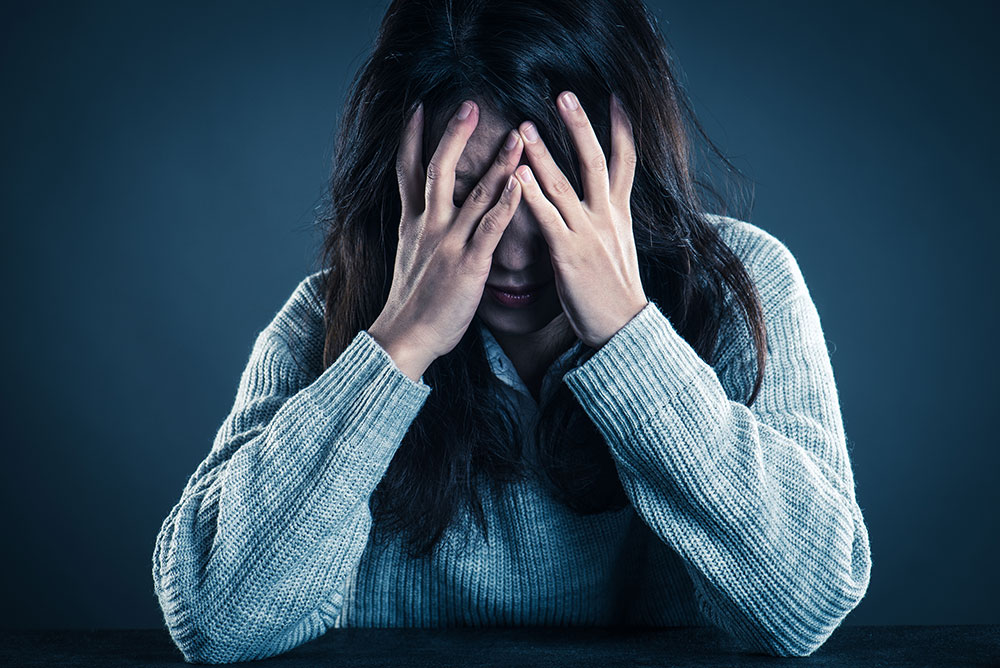
BY MAGRETH RUZVIDZO- Postpartum depression has proved to be a complex concept in many black communities. Many people do not understand it and its consequences. To fully understand this concept, I had an interview with Doctor Tinashe Manzvii from Laxen Naturals. Laxen naturals is a professional organisation which seeks to help people with natural herbs and therapies which are safe and affordable.
Here is what he has to say: The birth of a baby can trigger a jumble of powerful emotions, from excitement and joy to fear and anxiety. But it can also result in something you might not expect — Depression.
Many new moms experience the “baby blues” after childbirth, which commonly include mood swings and crying spells that fade quickly. But some new moms experience a more severe, long-lasting form of Depression known as postpartum Depression. Rarely, an extreme form of postpartum Depression known as postpartum psychosis develops after childbirth.
Postpartum Depression isn’t a character flaw or a weakness. Sometimes it’s simply a complication of giving birth. If you have postpartum Depression, prompt treatment can help you manage your symptoms — and enjoy your baby.
Signs and symptoms of the baby blues which last only a few days to a week or twomay include:
Mood swings
Anxiety
Sadness
Irritability
Crying
Decreased concentration
Trouble sleeping
Postpartum Depression symptoms
Postpartum Depression may appear to be the baby blues at first — but the signs and symptoms are more intense and longer lasting, eventually interfering with your ability to care for your baby and handle other daily tasks. Postpartum Depression symptoms may include:
Loss of appetite
Insomnia
Intense irritability and anger
Overwhelming fatigue
Loss of interest in sex
Lack of joy in life
Feelings of shame, guilt or inadequacy
Severe mood swings
Difficulty bonding with your baby
Withdrawal from family and friends
Thoughts of harming yourself or your baby
Untreated, postpartum Depression may last for many months or longer. If you’re feeling depressed after your baby’s birth, you may be reluctant or embarrassed to admit it. But it’s important to call your doctor if the signs and symptoms of Depression have any of these features:
Don’t fade after two weeks
Are getting worse
Make it hard for you to care for your baby
Make it hard to complete everyday tasks
Include thoughts of harming yourself or your baby
If you suspect that you’re developing postpartum psychosis, seek medical attention immediately. Don’t wait and hope for improvement. Postpartum psychosis may lead to life-threatening thoughts or behaviours.
CAUSES
There’s no single cause of postpartum Depression. Physical, emotional and lifestyle factors may all play a role.
Physical changes. After childbirth, a dramatic drop in hormones (estrogen and progesterone) in your body may contribute to postpartum Depression. Other hormones produced by your thyroid gland also may drop sharply — which can leave you feeling tired, sluggish and depressed. Changes in your blood volume, blood pressure, immune system and metabolism can contribute to fatigue and mood swings.
Emotional factors. When you’re sleep deprived and overwhelmed, you may have trouble handling even minor problems. You may be anxious about your ability to care for a new born. You may feel less attractive or struggle with your sense of identity. You may feel that you’ve lost control over your life. Any of these factors can contribute to postpartum Depression.
Lifestyle influences. Many lifestyle factors can lead to postpartum Depression, including a demanding baby or older siblings, difficulty breast-feeding, financial problems, and lack of support from your partner or other loved ones.
What is critical here is to understand the condition and always support the one affected. Let’s not take this issue for granted as many people are being severely affected for life. Some even end up mad and some extreme cases result in deaths.